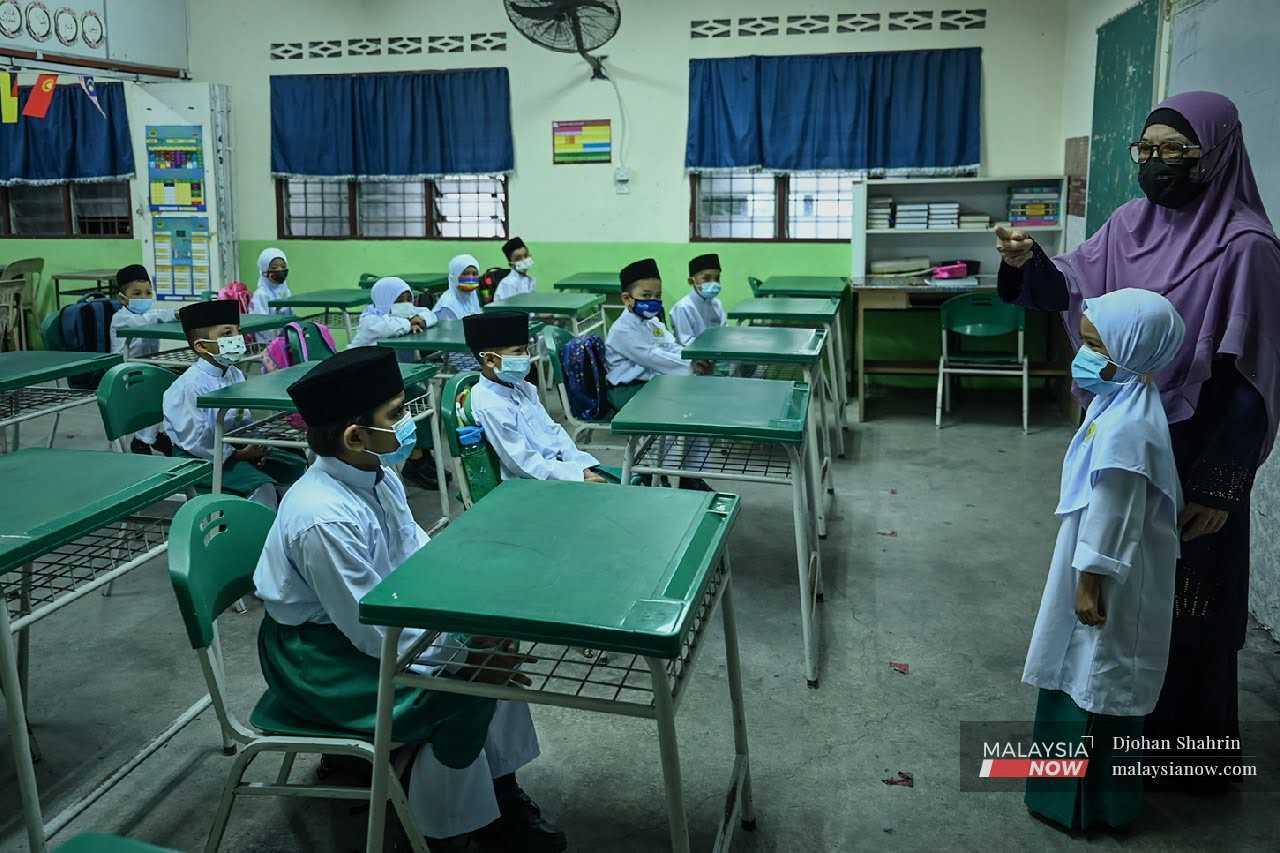Hike in allowance shows govt values Kafa teachers
The initiative, implemented with an additional allocation of more than RM40 million, is expected to benefit 35,000 al-Quran and Fardu Ain teachers.
Just In
Nora Asiah Ahmad reminisced about her first day reporting as a teacher for the al-Quran and Fardu Ain (Kafa) classes at a school in Gombak, Selangor. At that time, she was 23 years old and still single.
Speaking to MalaysiaNow, Nora said she received many questions from family members and friends during the early days of her work. They often asked whether her income as a Kafa teacher was sufficient to cover rising expenses and stay afloat in the city.
Nora said that it boils down to one's lifestyle and how well they manage their money.
"I'm aware that many still don't view our profession as Kafa teachers with high regard. We don't earn as much as regular school teachers.
"But our dedication to educating students to become good Muslims keeps us going," she told MalaysiaNow.
Nora added that she was grateful when Prime Minister Anwar Ibrahim, who is also the finance minister, announced an increase of RM100 to RM1,100 in the allowance of 35,000 Kafa teachers with an additional allocation of more than RM40 million in Budget 2023, saying it showed that the government truly appreciated the work that she and her fellow colleagues do.
Meanwhile, in Dengkil, a pair of mosque imam and bilal were overjoyed when they heard about the special grant of RM600 to imams, bilal, tok siak (mosque assistant), noja (maintenance personnel), marbut (caretaker), Kafa, and takmir teachers, with 70,000 people to receive the contribution, as announced in Budget 2023.
Muhamad Mustakim said that during the Covid-19 pandemic, many social activities and mosque programmes had to be suspended due to the movement control order (MCO), adding that it did not only affect the annual mosque activities but also their income, which relied entirely on activities in and around the mosque.
"Religious lectures had to be cancelled at that time, so imams had to forgo invitations made months in advance before the MCO. This doesn't even include the annual programmes for which advance registration fees have been collected.
"With this government initiative, we can help revitalise the mosques and continue serving with renewed enthusiasm," he said.
Subscribe to our newsletter
To be updated with all the latest news and analyses daily.
